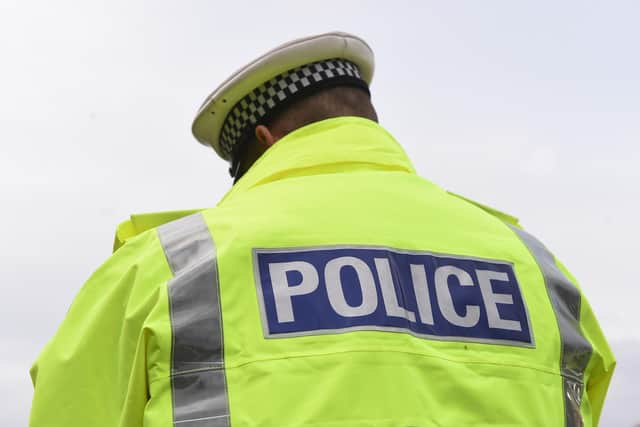The bustling town of Aylesbury is bracing itself for significant travel disruptions as a crucial thoroughfare into the town is […]
In a startling and deeply concerning revelation, new figures indicate that just one in 45 rape offences recorded by Thames Valley Police last year resulted in a charge or court summons. These statistics shed light on the often criticised and seemingly inefficient justice system's handling of such serious crimes.
A Startling Discrepancy between Reports and Charges
The data, which has been meticulously compiled and verified, highlights a grave issue within the legal machinery of the region. Out of hundreds of reported rape incidents, only a fraction manage to make it through the labyrinthine corridors of law enforcement and prosecution. This alarming statistic begs the question: why are so many cases failing to culminate in charges?
Victim Trust and Reporting Challenges
The repercussions of this low charge rate are manifold. For one, it severely undermines the trust victims might place in the legal system. Victims may choose not to come forward if they believe their anguish will not lead to justice. Compounding this issue is the already daunting process victims face when reporting such crimes, often fraught with invasive questioning and the need to repeatedly relive their trauma.
Law Enforcement Response
Thames Valley Police have acknowledged the troubling figures and have expressed a commitment to improving the situation. Officials have cited a variety of reasons behind the low charging rates, including the complexity of rape investigations, the need for incontrovertible evidence, and the challenges in securing victim cooperation throughout the lengthy judicial process.
In response, the police force has outlined several initiatives aimed at tackling these issues head-on. These include specialised training for officers handling rape cases, increased resources dedicated to investigative units, and stronger support systems for victims to help them navigate the reporting process more comfortably and securely.
Judiciary and Prosecution Dynamics

While the police play a significant role, the judiciary and prosecution services are also pivotal in ensuring justice is served. There is an urgent need for closer collaboration between these entities to address the bottlenecks that prevent cases from progressing smoothly from investigation to trial. Discussions are underway to streamline procedures and enhance the efficiency of case management to reduce delays and improve outcomes.
Community and Support Organisations' Role
Community and support organisations working directly with rape survivors have been vocal about the need for systemic change. These groups provide crucial services such as counseling, legal advice, and advocacy, and their input is invaluable in shaping policies that better serve victims. Engaging these organisations in dialogue with law enforcement and judicial bodies can foster more victim-centered approaches and ensure that survivors' voices are heard and respected.
Looking Ahead
The stark reality presented by the latest figures is a wake-up call for all stakeholders involved in addressing sexual violence. While Thames Valley Police’s acknowledgment of the problem and proposed measures are steps in the right direction, sustained commitment and concerted efforts across various sectors are essential to bring about meaningful change. The goal must unequivocally be to ensure that every victim feels empowered to come forward and trust that their case will be handled with the seriousness and urgency it deserves.
As these efforts unfold, it remains imperative for the media, community leaders, and the general public to maintain pressure on the system to deliver justice. Only through transparency, accountability, and collective advocacy can we hope to see a future where the prevalence of such disheartening statistics becomes a relic of the past.